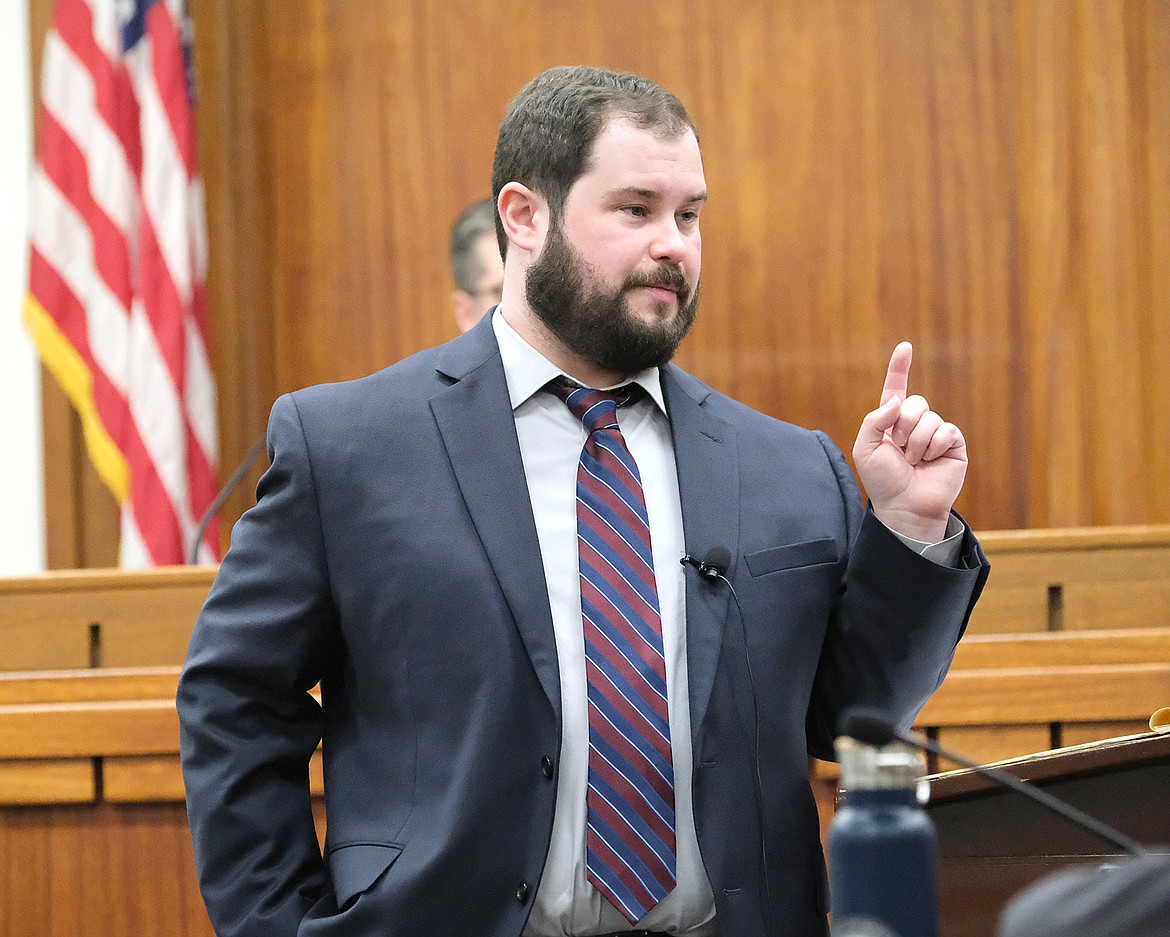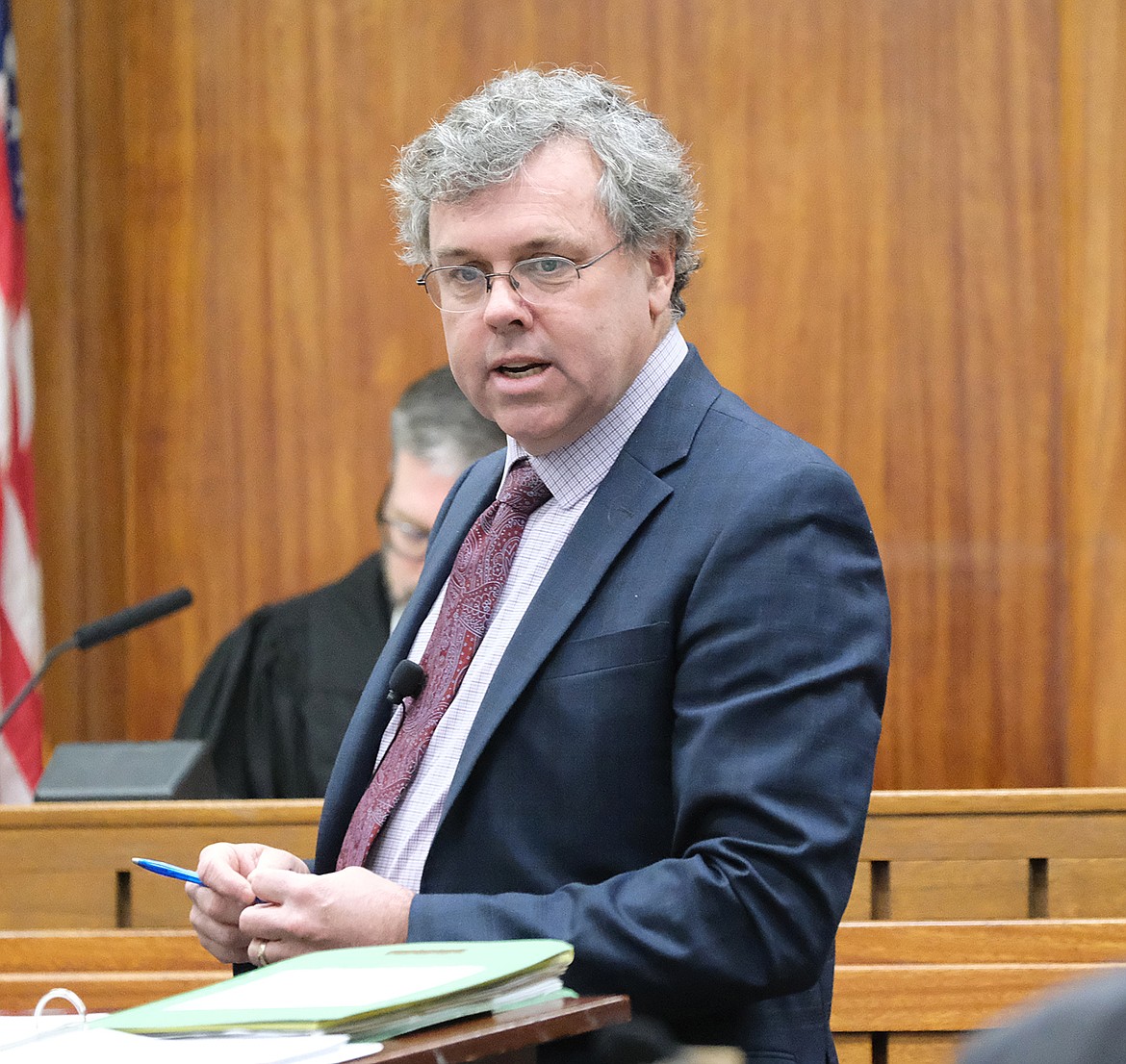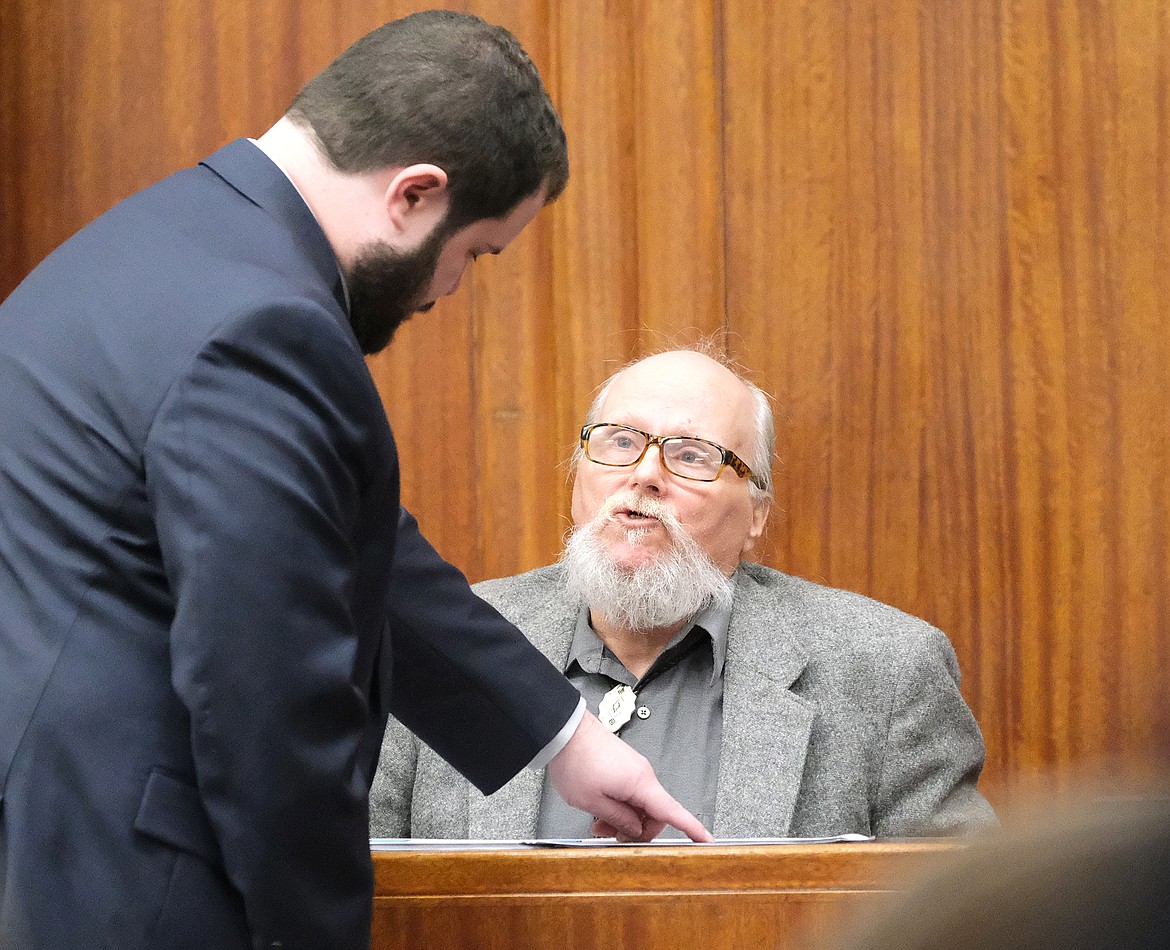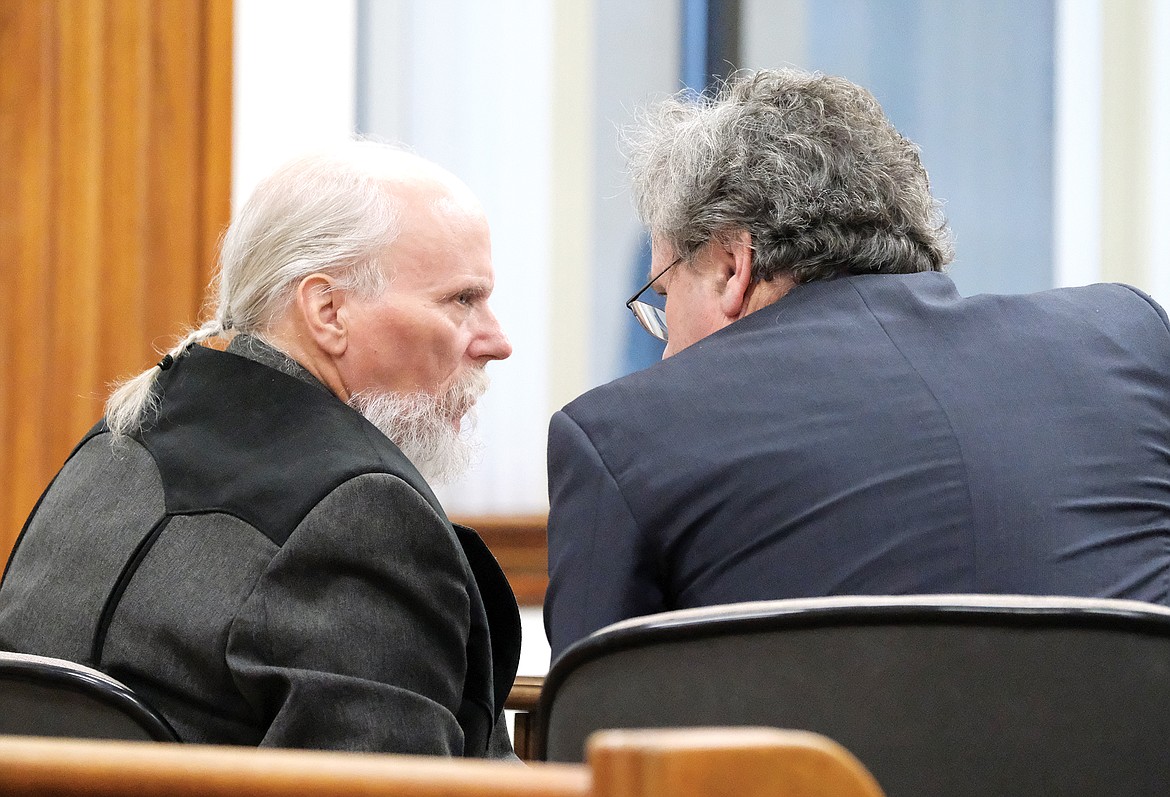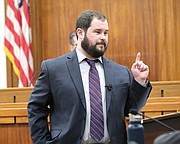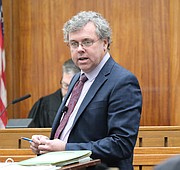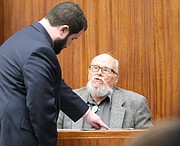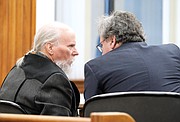Jury finds Orr not guilty
A jury acquitted a former Libby city councilor accused of driving dangerously close to a woman during a May property dispute following a day and a half trial in Lincoln County District Court this week.
Prosecutors charged Darrel “DC” Orr, 62, with felony assault with a weapon or, in the alternative, criminal endangerment following the May 19 run-in...
Become a Subscriber!
You have read all of your free articles this month. Select a plan below to start your subscription today.
Already a subscriber? Login


